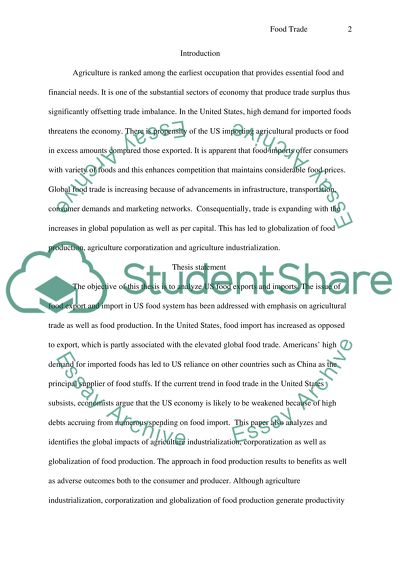Cite this document
(“Analysis Research Paper On Food Trade Example | Topics and Well Written Essays - 2250 words”, n.d.)
Retrieved from https://studentshare.org/agriculture/1448337-analysis-research-paper-on-food-trade-us-food
Retrieved from https://studentshare.org/agriculture/1448337-analysis-research-paper-on-food-trade-us-food
(Analysis Research Paper On Food Trade Example | Topics and Well Written Essays - 2250 Words)
https://studentshare.org/agriculture/1448337-analysis-research-paper-on-food-trade-us-food.
https://studentshare.org/agriculture/1448337-analysis-research-paper-on-food-trade-us-food.
“Analysis Research Paper On Food Trade Example | Topics and Well Written Essays - 2250 Words”, n.d. https://studentshare.org/agriculture/1448337-analysis-research-paper-on-food-trade-us-food.


